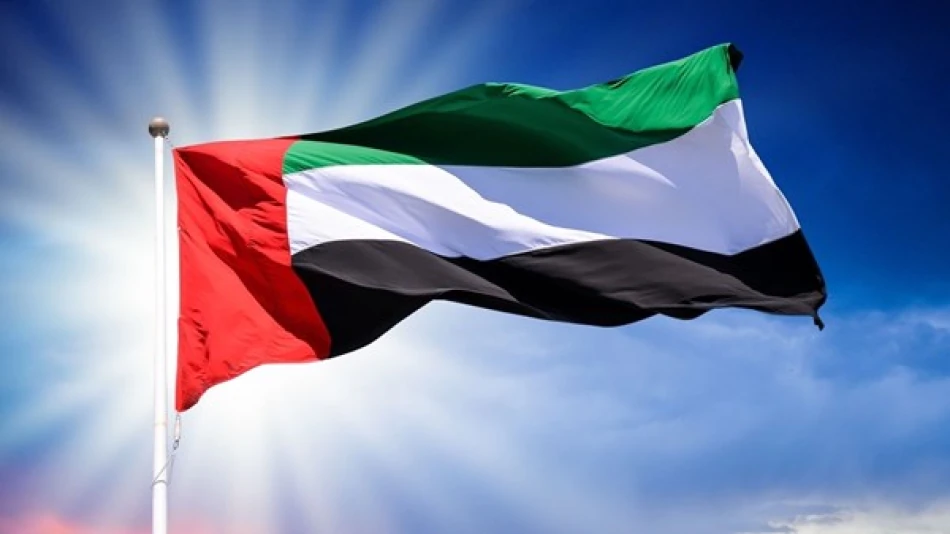
UAE Delivers Powerful Address at 80th UN General Assembly Session
The UAE has positioned itself as a diplomatic bridge-builder on the global stage, calling for immediate ceasefires in Gaza and Sudan while condemning attacks on civilian populations. Speaking at the UN General Assembly, the Gulf nation outlined its vision for a more just international system based on dialogue rather than military solutions.
The UAE's statement comes at a time when multiple conflicts are straining international institutions. From the ongoing war in Gaza to the humanitarian crisis in Sudan, the Emirates is betting on mediation and humanitarian diplomacy as tools for regional stability. This approach has already yielded results - the country facilitated prisoner exchanges between Russia and Ukraine and hosted peace talks between Azerbaijan and Armenia.
On the Palestinian-Israeli conflict, the UAE took a firm stance against targeting civilians while supporting the two-state solution. The country specifically condemned what it called Israel's "treacherous attack" on Qatar, describing it as a violation of Gulf security and international law. But the Emirates also criticized the use of civilians as targets or hostages, making clear that no justification exists for such actions.
The UAE continues to be the largest donor of aid to Gaza despite what it describes as restrictions and obstacles. This humanitarian role fits into a broader strategy of using economic leverage for diplomatic gains. The country has been doubling down on foreign investments, particularly in African nations and Global South countries, viewing economic partnerships as pathways to stability.
For investors and regional watchers, the UAE's approach signals a long-term bet on multilateral cooperation over military solutions. The country is positioning itself as a reliable mediator in a region where traditional power dynamics are shifting. This strategy could pay dividends as businesses and governments look for stable partners in an increasingly volatile Middle East.
The Emirates also renewed its call for Iran to end what it considers the occupation of three UAE islands - Greater Tunb, Lesser Tunb, and Abu Musa. The country wants direct negotiations or International Court of Justice involvement to resolve this territorial dispute.
On Sudan, where the UAE says famine conditions exist, the country is pushing for an immediate ceasefire and unobstructed humanitarian access. The Emirates argues that military solutions won't work and that Sudan needs a civilian government free from extremist influence.
The statement also highlighted the UAE's investments in climate action, artificial intelligence, and water security. The country is preparing to co-host the UN Water Conference next year with Senegal, part of its broader push to become a leader in addressing global challenges through technology and innovation.
The UAE's emphasis on women's participation in all its projects reflects a social modernization agenda that sets it apart from some regional neighbors. This approach aligns with its goal of presenting itself as a progressive force in Middle Eastern politics.
For the international community, the UAE's message is clear: the current system of global governance needs reform, but the answer lies in strengthening multilateral institutions rather than abandoning them. As traditional powers struggle with domestic challenges, middle powers like the UAE are stepping into diplomatic spaces that might have been occupied by larger nations in previous decades.
Most Viewed News

 Layla Al Mansoori
Layla Al Mansoori






